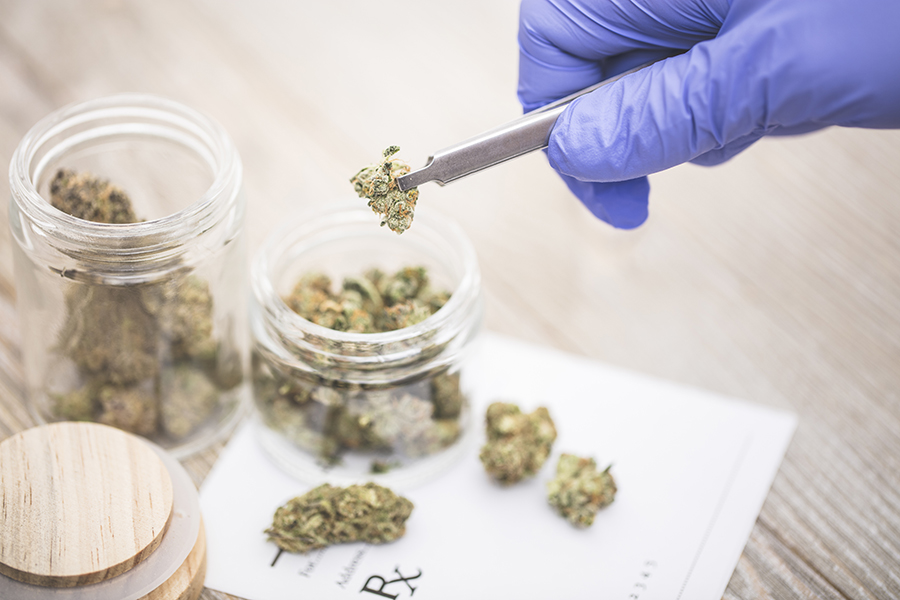Study Finds Parents Think It’s Okay to Smoke Marijuana with Their Adult Children–Here’s Why It’s Not

Photo Credit: Getty Images
Parents work hard to establish rules about drugs and alcohol with their children from a young age. But, what may be even harder than setting those rules is enforcing them as their children grow into teenagers and young adults. A perfect example comes in a recent report that finds many parents think it’s okay to smoke marijuana with their kids. In fact, more than 25 percent of parents say they would smoke marijuana with their children who are over 18.
This finding, and other alarming ones, come from an online survey commissioned by Caron Treatment Centers, a leading non-profit addiction treatment center with more than 60 years of experience providing uncompromising care. The survey set out to determine the attitudes of adults, particularly parents, around drugs.
Despite the fact marijuana is considered by the federal government to be a “schedule 1” drug—the same classification as heroin—the perception by many adults is that occasional marijuana use is safe and does not have an immediate impact on health. In fact, approximately 90 percent of Caron’s adolescent and young adult patients report that marijuana is their drug of choice.
“Parents are more comfortable smoking marijuana with their young adult children than smoking a cigarette,” says Dr.Joseph Garbely, vice president of medical services and medical director at Caron Treatment Centers. “Many people don’t realize that marijuana today is radically more potent than it was years ago and can have a significant impact on the developing brain.”
Marijuana wasn’t the only drug parents deemed okay for teenagers—approximately 13 percent of adults polled said it was okay for teens to occasionally take prescription painkillers.
Even prescribed medications can impact brain development in teens and young adults, notes Dr. Garbely. “Parents may be misinformed about the safety of prescription painkillers–even when they are prescribed by a physician,” says Dr. Garbely.
According to the Centers for Disease Control and Prevention, four out of five addicted to heroin first used prescription painkillers.
Caron Treatment Center’s findings highlight the need for more awareness about prescription and recreational drug use as well as the need for parents to keep an open dialogue with your children about their danger.
Don’t wait to start the conversation. For ideas and helpful tips on how to start talking to your teens about drugs and alcohol, visit caron.org/understanding-addiction
This is a paid partnership between Caron Treatment Centers and Philadelphia Magazine


